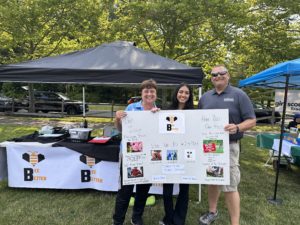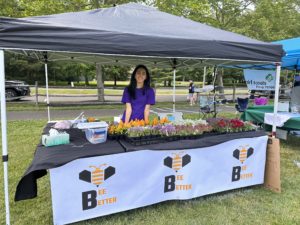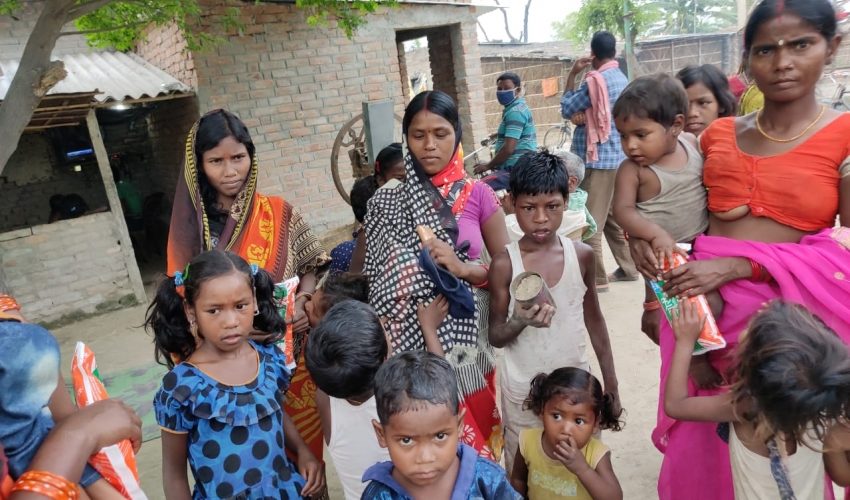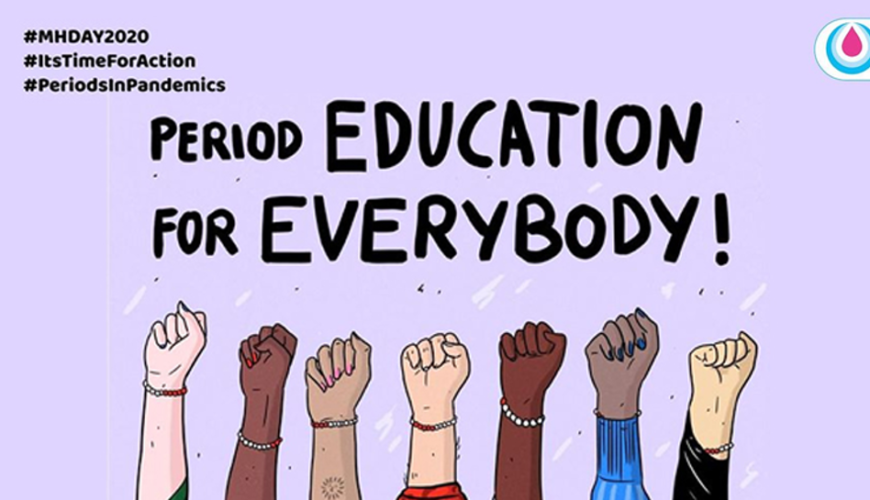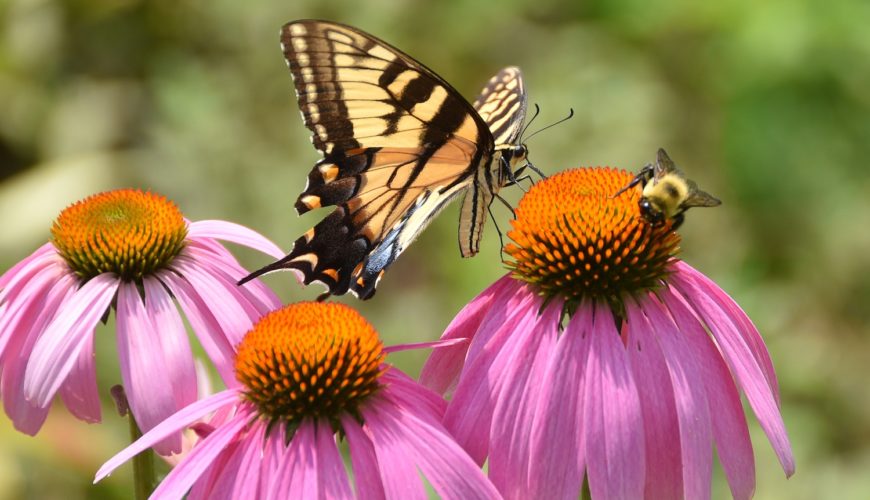
The American bumblebee population has declined by 89% in relative abundance and continues to decline toward extinction. Pollinators contribute to 1/3 of our global food and beverage sources!
THE ISSUE
Habitat loss and destruction due to urbanization, climate change, and pesticide use are the main factors in population decline — pollinator populations such as honey bees, bumblebees, butterflies, and even wasps and moths are all declining because of the loss of their habitats. They are unable to find shelter nor food sources.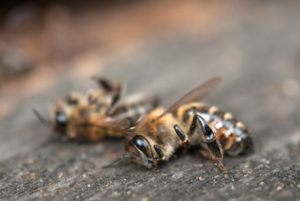
This causes a rapid decline in their populations, which in turn harms the human population greatly. Pollinators account for 1/3 of our total global food and beverage sources, so the decline in their populations will soon lead to a decline in resources as well as an economic decline.
Pollinators play a large role in enabling the prosperity of humans. They are what allows plants to reproduce and grow the food that we survive on every day.
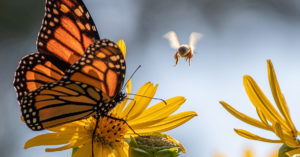
This not only directly impacts our food sources, but also the global and small-scale economy.
Pollinators contribute about $500 billion a year to global food production, with honey bees alone providing $15-$20 billion annually in the U.S. The decline of these populations, however, leads to a rapid decline of the economy which points towards a possible economic crisis in the future.
Additionally, along with the global economy, this decline is very detrimental to our very own town, Robbinsville. As you know, Robbinsville finds its roots in farming. While we may be progressing towards a more modern, industry-based economy, much of our economy is reliant on farming and food production. Without pollinators, this part of the economy would be utterly destroyed.
THE SOLUTION
There is no Plan B; it’s time to save the bees.
There are many actions that we as individuals can take to slow the decline of pollinator species.
Featured Options:
- Plant pollinator-friendly plants: Increasing the number of these plants increases habitat opportunities for pollinators, thus increasing their population. They are a great way to help the pollinators while adding some jazz to your garden!
-
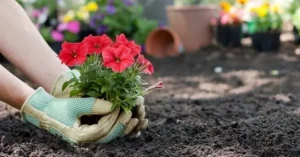 Stop using pesticides: Avoid using pesticides to stop pest issues as they harm both the pests and the pollinators—try natural alternatives such as neem oil, peppermint, and thyme.
Stop using pesticides: Avoid using pesticides to stop pest issues as they harm both the pests and the pollinators—try natural alternatives such as neem oil, peppermint, and thyme. 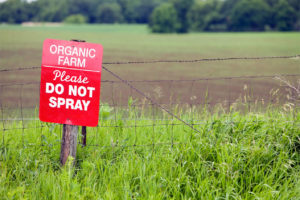
- Support local bees: Supporting beekeepers in the area and buying local honey are two simple but effective ways to help pollinators while benefiting your community as well.
- Spread awareness: inform others in your community about the issue and how they can help. Only if we humans come together can we make a significant impact on the life around us.
- Reduce your impact: Climate change is one of the biggest threats to pollinators, so reducing your carbon footprint can directly increase their populations.
OUR STEPS FORWARD
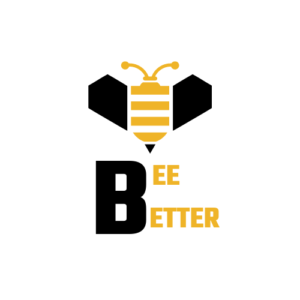
The Bee Better Project.
In the Bee Better project, we hope to inspire, educate, and take action in our community to help us all create a more pollinator-friendly environment. The project involves:
- Advocating and spreading awareness on the issue at various community-wide events; including teaching young Cub Scouts as well as adults about Cross-Pollination and the impacts of the pollinator populations on our world.
- Increasing the number of pollinator-friendly plants in the community: By giving out pollinator-friendly plants to those across Robbinsville, we can effectively make the habitat and environment here much more suitable for pollinators, therefore increasing their populations.
June 10, 2023: A memorable day for the Bee Better project! In giving out over 200 pollinator-friendly flowers to members of Robbinsville, SHINE effectively increased the amount of habitat available to pollinators throughout the community.
